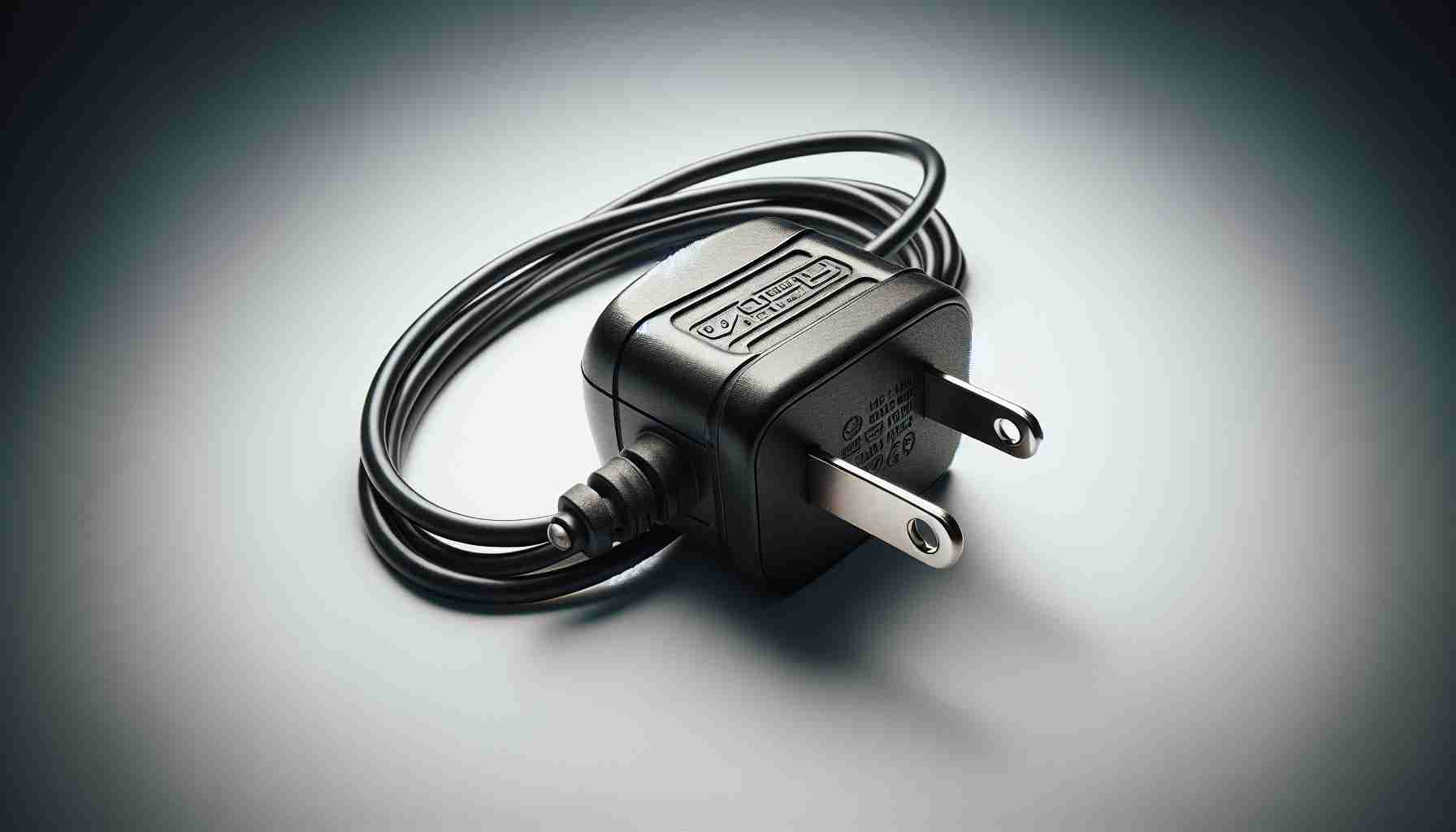Ford has recently discovered a quality issue with a specific batch of charging adapters provided to customers for use at Tesla Supercharger stations. Instead of a full recall, Ford is categorizing this as a customer service action.
The identified issue may lead to reduced charging speeds over time or, in a worst-case scenario, damage to the vehicle’s charge port, prompting Ford to caution customers against using the flawed adapters.
To address the problem, Ford plans to replace the affected adapters at no cost to the customers. Replacement adapters are scheduled to be shipped out starting the week of Oct. 28. Customers are advised to update their shipping addresses in their FordPass accounts by Oct. 24 to ensure they receive the replacement without delay.
While Ford is dealing with this quality issue, other automakers like General Motors and Rivian have not encountered similar problems with their Tesla NACS adapters. For now, drivers using adapters from these manufacturers can continue to charge their vehicles at Tesla stations as usual.
Ford’s discovery of a quality issue with a batch of charging adapters serves as a reminder of the importance of thorough testing and quality control in the automotive industry. While the specifics of the problem have not been fully disclosed, it raises questions about the manufacturing process and oversight that led to the issue.
One key question that arises is how Ford will prevent similar quality issues from occurring in the future. This may involve reassessing their quality control procedures, supplier relationships, or even the design of the adapters themselves to ensure that such issues do not reoccur.
Another important consideration is the impact of this quality issue on consumer trust and perception of Ford’s products. Customers who have been affected by the faulty adapters may understandably have concerns about the overall quality and reliability of Ford’s vehicles and accessories.
Advantages of Ford’s approach to categorize this issue as a customer service action rather than a full recall include potentially reducing the negative impact on the company’s reputation and minimizing disruption for customers. By proactively addressing the problem and offering free replacements, Ford is demonstrating a commitment to customer satisfaction.
However, one disadvantage of this approach is the potential risk of downplaying the seriousness of the issue. By not issuing a formal recall, some customers may perceive Ford as trying to avoid negative publicity or financial liability. This could lead to criticism from consumer advocacy groups or regulators.
Overall, the key challenge for Ford in this situation is to effectively manage the fallout from the quality issue while maintaining transparency and trust with its customers. Communicating openly about the problem, the steps being taken to address it, and any lessons learned from the incident will be crucial in rebuilding confidence in the brand.
Related Links: Ford’s Official Website












